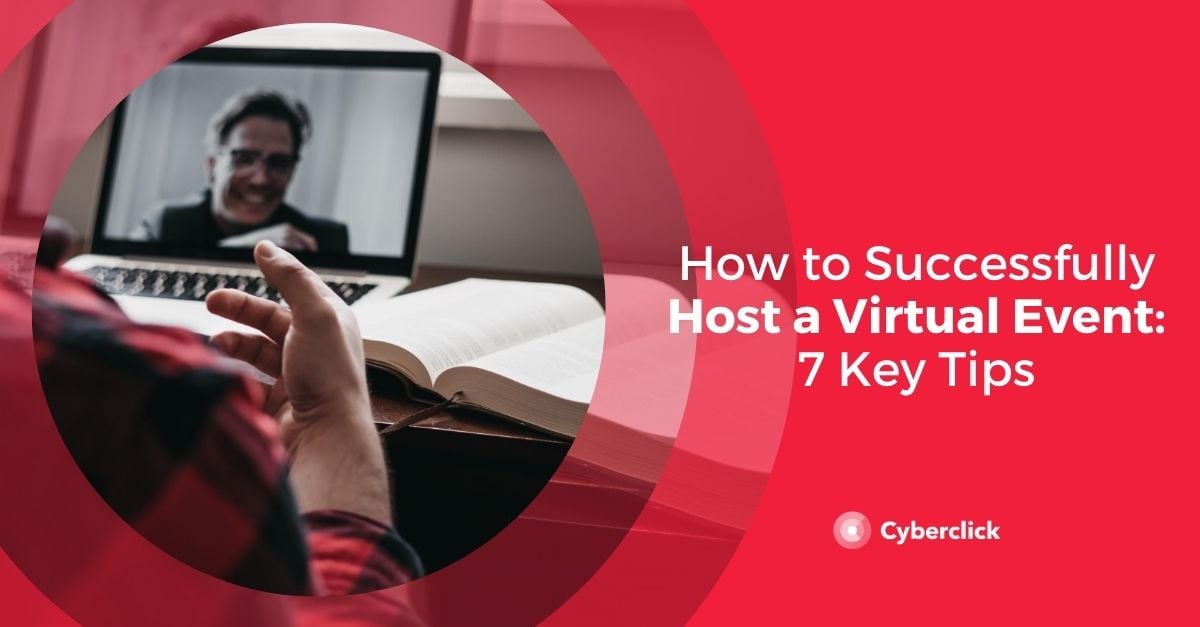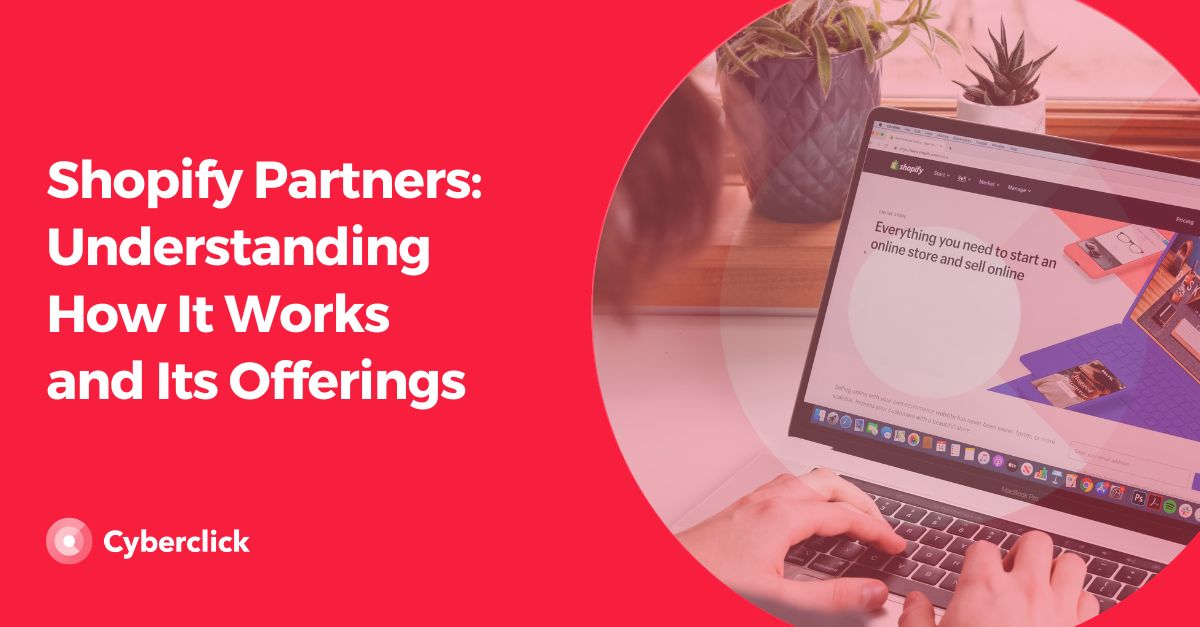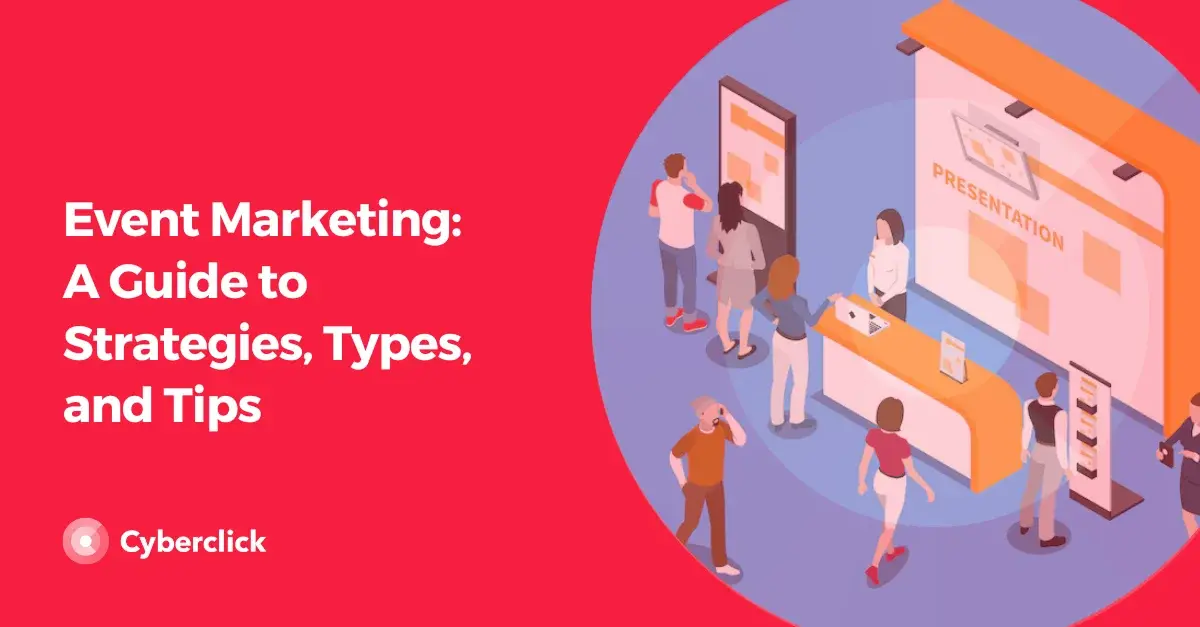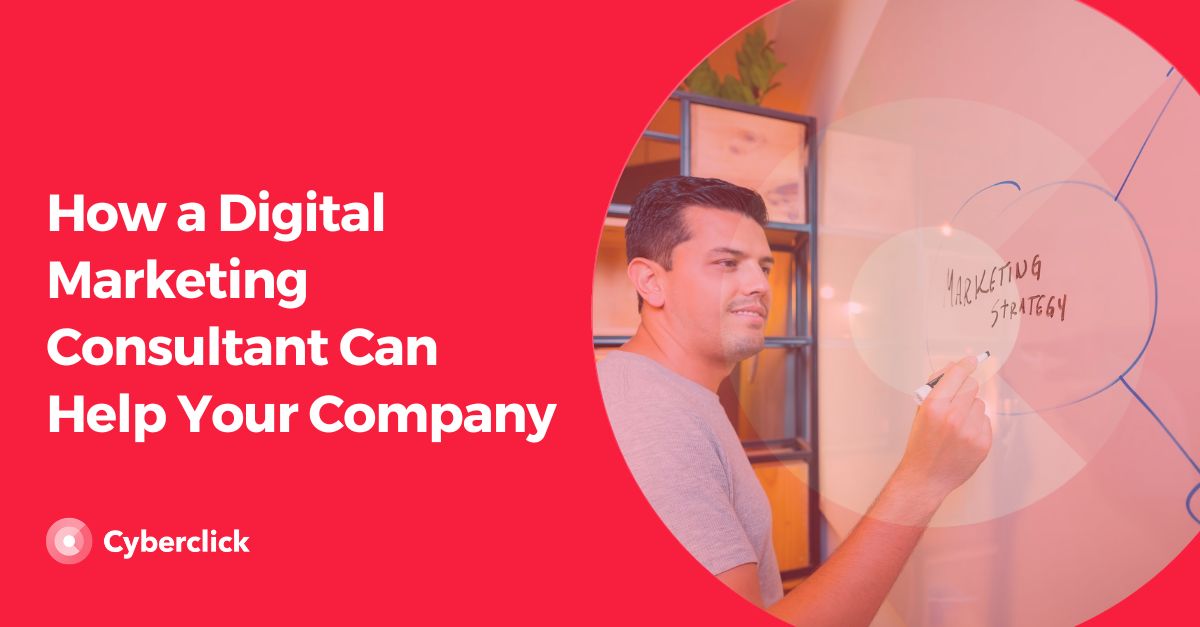It’s no secret that in 2020, virtual events are now more popular than ever.
The acceleration of the digital transformation during the coronavirus crisis has brought about an explosion of virtual events. Maybe your own company is even considering hosting your own virtual event, in lieu of your annual conference or as a new content marketing strategy.
No matter the reason, we’re going to explain how to host a virtual conference, and review some virtual event ideas.

7 Keys To Hosting a Virtual Event
1. Think About What You Want To Contribute
The transition between physical and virtual events is not easy, as both provide very different values.
Physical events typically are seen as a special occasion, something we note in our agenda. In many cases they include travel, food, drink... and of course the opportunity to meet people and network in person.
In return, digital events are not perceived as such a special occasion, but in return they mean a great reduction in expenses (both for the organizing company and for the attendees) and allow access to many more participants, since the only requirement for entry is to have a device with internet access.
Therefore, instead of trying to "copy" what you were doing offline, focus instead on creating a distinct experience that reflects your brand values. Think about what are the essential ingredients that cannot be missed from your events and how to transition them to the online media. What made your event or conference extra special? Try to come up with a way to reinvent this aspect, and add back a bit of specialness into the event.
2. Adapt To Your Audience
For a virtual event to work, you must set clear priorities: provide value to the audience.
In a physical event, people usually commit by buying a ticket. But in virtual events there is much less commitment, as the events are usually free and open access. While this does have some advantages in reducing barriers of entry, this laissez-faire approach can hinder virtual events as well.
When you do a virtual event, you have to compete with all the other internet content that the user could be consuming at that moment, or even with other face-to-face activities. Also, since the user has not financially committed to taking advantage of the event, it is much easier for them to get distracted and abandon the event halfway.
To counteract these drawbacks, you must provide value to the audience using strong relevant content.Get to know your audience a little better by asking them the following questions. The answers will guide your content strategy:
- Who are you (aka What kind of person is going to join my event?)
- How have your priorities changed over the past few months? (If we are "virtualizing" an event that was going to be held in a physical format, we have to take into account that the content will also have to adapt to the new situation.)
- How familiar are you with new technologies?
- What kind of online activities do you prefer?
3. Focus On Helping
Sometimes, offline events can have a strong promotional element. Generally, the audience is more invested than in the online environment, and in the environment favors this type of communication (for example, trade conferences).
On the other hand, people are more accustomed to going to the internet for help and free content, and an excessive level of promotion can wear them out and cause them to leave the event.
Therefore, in digital conferences it is more important to think about how your brand can help the audience and instead of focusing on getting quick sales or promoting your brand.
4. Choose The Right Technology
Today there are many options for organizing digital events, from a simple live broadcast via Instagram or Facebook to a virtual meeting with 3D avatars.
The right technology choice will depend on your budget, the volume of people you want to reach, and above all, the technological knowledge of the audience. The priority should always be to reduce the entry barriers for participants, and to make it easy for them to access the content as possible.
In addition to researching on your own, it may be a good idea to seek advice from a virtual event provider who can manage the technological and creative aspects of the event.
5. Take Into Account Accessibility
One of the strengths of online events is that they allow access from all over the world and at any time.
On the one hand, think about how to adapt the time of your event to the location of the users. Perhaps you had never thought of reaching an English-speaking audience in Europe, but now it is easier than ever. However, for this to work, you will have to do a little math and find a time that balances between your time zone and your target audience’s zones.
Likewise, you have to take into account that not all users will be able to connect live, but they may be interested in accessing the content later, so don't forget to upload streaming videos and other content after the event.
6. Organize The Pre And Post Event
In the end, an event is an experience. To still create a lively experience virtually, schedule special communications for both registered users and the general public, before and after the event.
Before the event, focus on building excitement, encouraging users to register, and overcoming potential technological barriers by explaining step-by-step what they need to do.
After the event is over, enrich the experience by offering additional content and asking the attendees their opinion in order to improve future digital days. In some cases, it may also be a good opportunity to introduce some special offer or discount to convert attendees.
7. Measure The Results
The great advantage of organizing an event virtually is that we can understand engagement metrics in real time. Number of attendees, time spent, levels of interaction ... in short, we can access a lot of data that allows marketers to know the impact of the event and make adjustments to optimize it, even on the fly.
While 2020 may have thrown a wrench in your previous event plans, don’t discount on the value of a virtual conference or event. With these 7 tips, you’ll be well on your way to hosting a fantastic event and learning even more than you previously knew!
Content & Marketing Strategist en Cyberclick. Apasionada por la comunicación, la generación de contenidos y el mundo audiovisual. Graduada en Periodismo por la Universidad Autónoma de Barcelona.
Content & Marketing Strategist at Cyberclick. Passionate about communication and content creation. Tanit holds a degree in Journalism from the Autonomous University of Barcelona.






Leave your comment and join the conversation